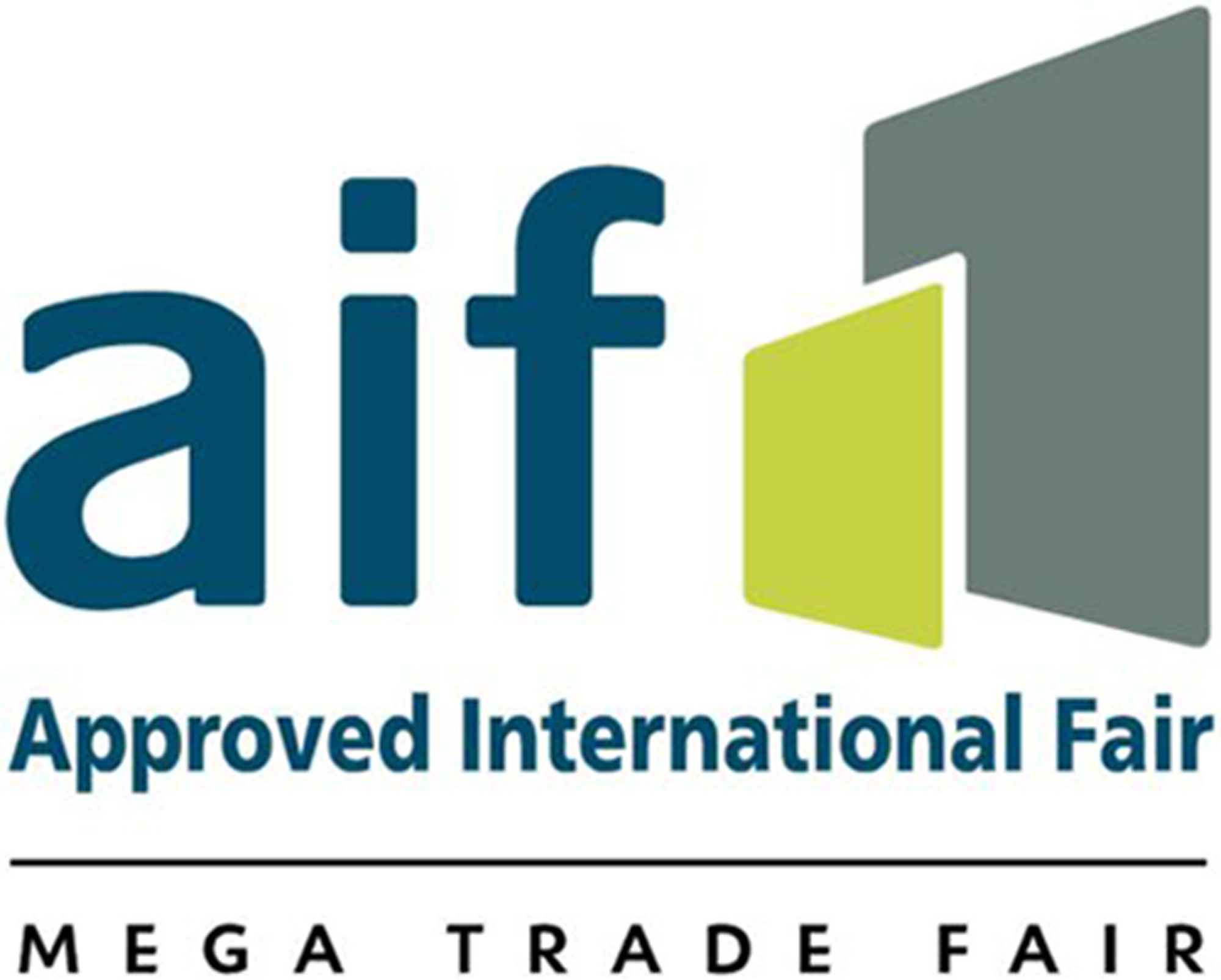Asia’s Leading International
Food & Beverage Event
FHA-Food & Beverage focuses on the dynamic food and beverage sector, bringing together a diverse array of global suppliers and key buyers from Asia and beyond. This event is a hub for exploring the latest trends, innovations, and high-quality products in the F&B industry.
Two Mega Events. One Date.
One Epic Experience.
Get ready to experience the ultimate fusion of food and hospitality at FHA-HoReCa 2024! We’re bringing back the iconic FHA show with a bang, combining the best of both worlds into one epic mega tradeshow. With an expanded showcase, you can expect to discover a vast array of culinary innovations, cutting-edge hospitality solutions, and endless networking opportunities.













